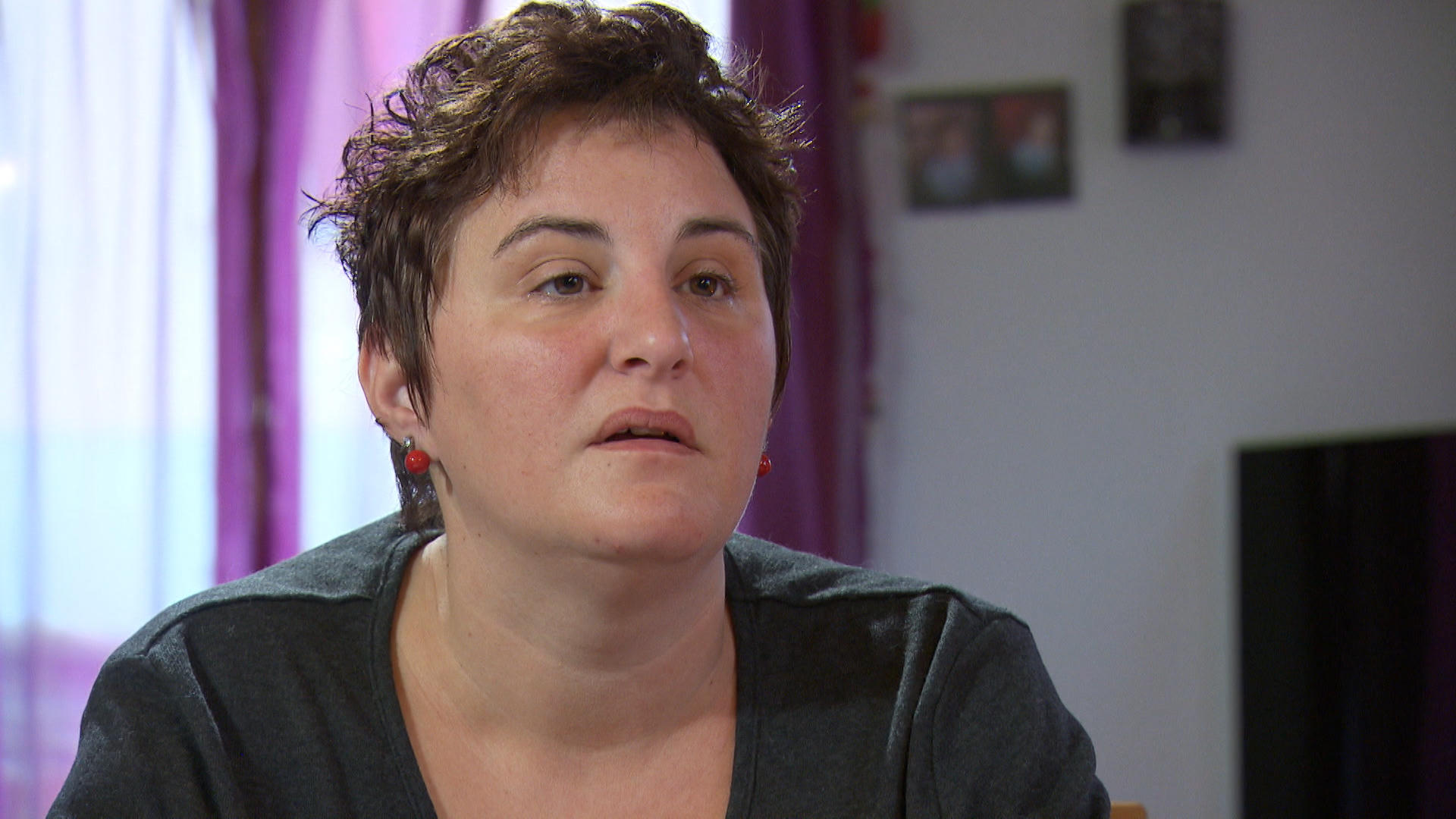Is Swiss healthcare working?

The Swiss healthcare system is reputed to be one of the best in the world. But in an era where health care is a subject of debate in many countries, we ask if the Swiss system is working for those on moderate to low incomes, as well as for the rich.
The Euro health consumer index 2016External link ranks Switzerland second out of 35 countries after The Netherlands in terms of overall indicators. It describes the system as “excellent, although expensive”. But health insurance premiums, paid to private companies, are now the second most common cause of indebtedness in Switzerland after tax, and these premiums have been rising every year.
“When I lost one of my part-time jobs, my health insurance premium suddenly accounted for 20% of my small salary and I was in financial trouble,” says François (not his real name), a 44-year-old single Swiss man with a university education, currently living in Lausanne. “Our system built on solidarity has become perverted. It is no longer for the users but for the private insurers and the pharmaceutical companies. They do what they want at our expense.”
Géraldine Michaud and Corinne Feusier are social workers at the Centre Social Protestant (CSP) in Lausanne, which provides advice and assistance to people in difficulty. They told swissinfo.ch that they are confronted with this kind of problem “all the time”. “In 2015, we found that in 57 % of the cases followed by our services, there were debts to health insurance companies,” says Michaud.
A recent report by Swiss public broadcaster RTSExternal link entitled “Health Insurance: those who can no longer pay”, found that in the French-speaking canton of Vaud “in some social assistance centres, three out of four people seek help because they are submerged by their health insurance premiums”. It also reported that “one person out of 10 does not seek medical treatment for financial reasons”.

More
Rising health costs bankrupting many Swiss
The report cites a family where the husband works but which is in increasing financial difficulty, has not received the social assistance it needs and is now under legal pursuit for non-payment of bills. Health insurance premiums are a big part of that and now amount to 14% of the family’s monthly income, according to the mother. She says that after the bills, they have only CHF100 ($101) per month to feed the family.
Basic health insurance premiums rose by an average 4.5% in 2017. Insurers say this is because of rising costs. Health cost statistics have not yet been released for last year, but the Swiss statistical office recently released provisional figures for 2015. In that year, health costs amounted to CHF77.8 billion, up 4.3% on the previous year.
Santésuisse, the largest organization representing private health insurers, says it is concerned that health premiums are a cause of indebtedness. “Yes it is a worry that premiums continue to rise without any political steps being taken to limit costs,” said Santésuisse spokesman Christophe Kaempf. Pharmaceutical costs are especially high in Switzerland compared with other countries, he told swissinfo.ch.
State subsidies
Because taking out health insurance and paying your monthly premium is a legal obligation, Swiss law also provides for state subsidies for those struggling to pay. If your health insurance premium is more than 8% of your income, you may be entitled to subsidies.
François managed to get subsidies, and the canton now pays 80% of his health insurance premiums, which has helped his situation. He is grateful, but says he does not feel at ease with the system. “I resorted to subsidies because I needed them, but I do not like being put in a situation of dependence on the state,” he said.
In Vaud there is also a long waiting list for subsidies. According to Michaud and Feusier of the CSP, it now takes three to six months for applications to be processed, during which people sink further into debt. The family cited in the RTS report, living in canton Geneva, said it had not received a reply several months after submitting a request for a subsidy.
Penalised
Michaud says that families with modest incomes who are just above the threshold for subsidy eligibility are also being penalised. “So there is a real risk of marginalisation for this population suffering from the ‘threshold effect’,” she continues, “but also from the fairly frequent choice of a high insurance franchise (deductible)”.
Under the Swiss healthcare system, you choose your provider and your policy, and are free to change them, provided you are not in debt. Your compulsory monthly premium will depend on the type of policy you choose and your deductible (300 to 2,500 CHF currently). This is the amount you contribute to your own medical bills in exchange for a lower premium. Once you go over the deductible, you also have to pay 10% of each medical bill above that.
The low deductible-high premium concept leads many on low incomes to choose a high deductible in order to pay less for their health insurance. That may serve them well, until they get sick.
Campaigning for change
There is growing frustration amongst those who feel the system is not working for them, and there have been various campaigns for change by politicians and NGOs. In September 2014, for example, there was a popular referendum on a proposal to replace the 67 private health insurers with one national insurer for compulsory health insurance. It did not win an overall majority nationwide, but did gain a majority in some cantons, including Vaud.
The CSP has also been lobbying on the issue. Last year, for example, it conducted a campaign to change the law so that children reaching the age of majority can no longer be suddenly saddled with debts to health insurance companies, sometimes amounting to thousands, which their parents have not paid for them.
The budgets of the private health insurance companies tend to be opaque to the general public, and health insurance premiums appear to have been rising above the cost of health care. “That poses the question of what these companies do with the premiums that are paid every month,” says Michaud. “Clearly, there are the health care costs, but how much do they also spend on advertising and lobbying?”
Premiums rising faster than costs?
But Kaempf, spokesman for Santésuisse, says it is not factually correct that premiums are rising faster than costs. He says it is a statistical misrepresentation put about by certain politicians, since overall cost increases are compared to only one type of health premium (with a deductible of 300 CHF), which represents “only a small part of the premium rises”.
He also refuted the idea that company budgets are opaque. “I do not think this is true,” he told swissinfo.ch. “They have to provide all the figures to the Federal Office of Public Health, and they also have to publish annual reports.” Kaempf said companies cannot make profits on basic health insurance, since any financial surplus must go to reserves to cover future costs.
On advertising and lobbying he says that “out of every 100 francs you pay in basic health premiums, 5 francs goes to administrative costs”, which is not much. But that is basic health insurance, and the companies also offer many supplementary packages on which they may advertise and lobby as they like.
“There are lots of good things about our system,” says Feusier of the CSP. “The biggest problem is that health insurance premiums are the same whether you are on a high or low income. They are not adjusted according to income.”

In compliance with the JTI standards
More: SWI swissinfo.ch certified by the Journalism Trust Initiative















You can find an overview of ongoing debates with our journalists here . Please join us!
If you want to start a conversation about a topic raised in this article or want to report factual errors, email us at english@swissinfo.ch.